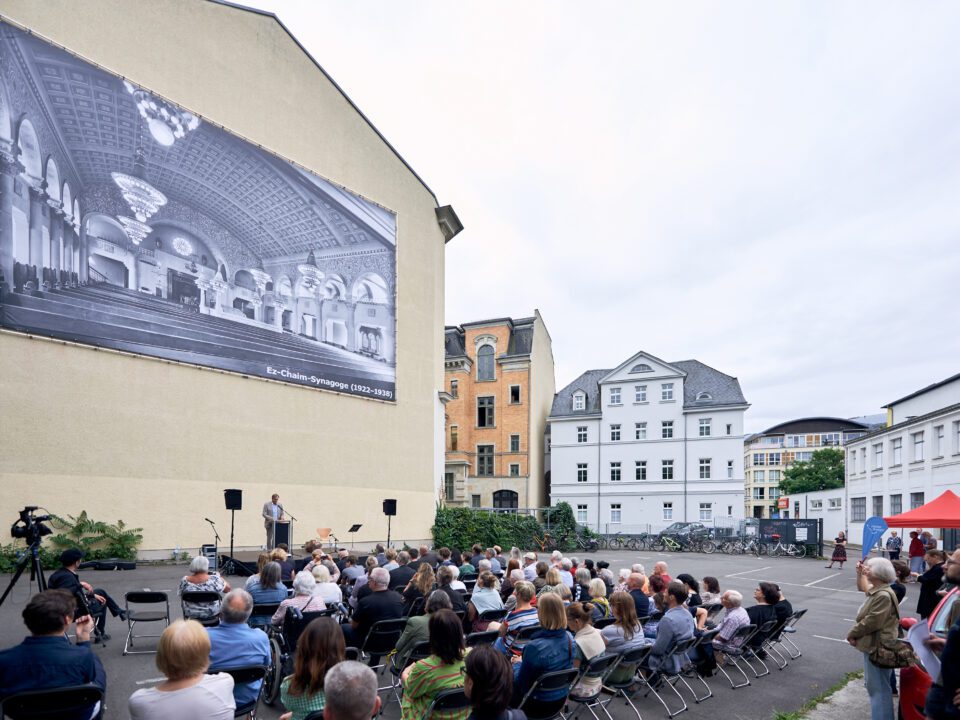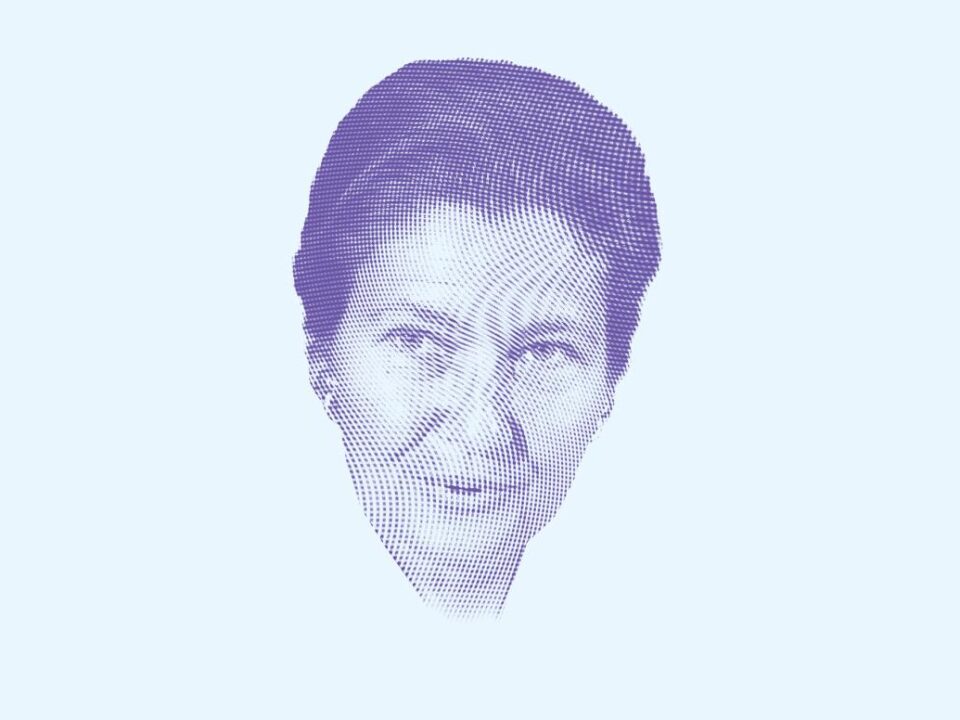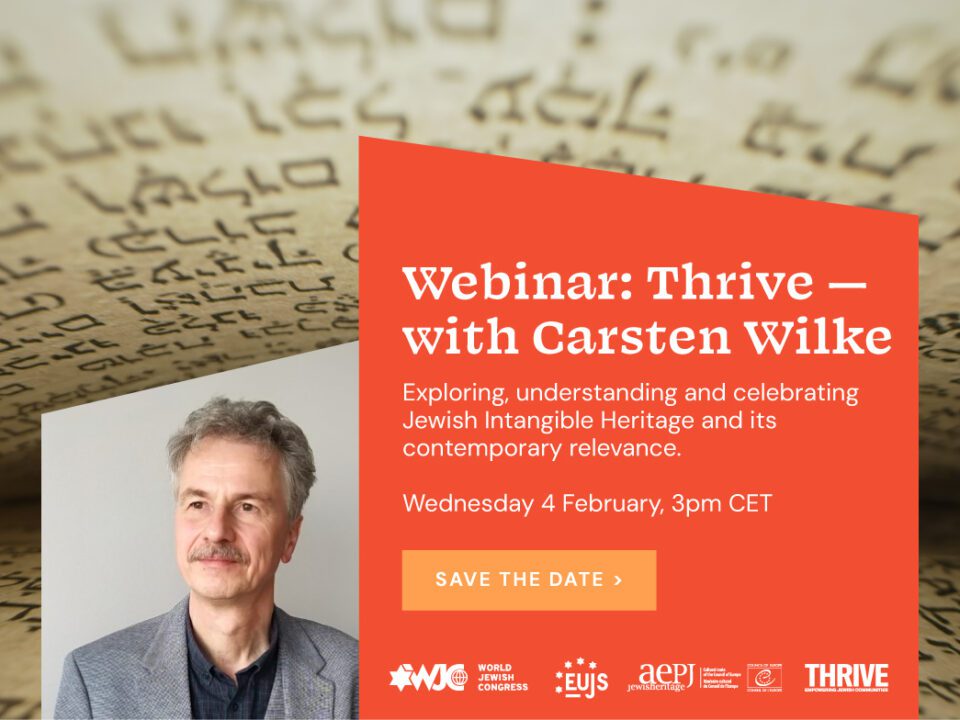AEPJ Takes Part in European Commission’s Civil Society Forum on Combating Antisemitism and Fostering Jewish Life


Brussels, 2nd of April, 2025 – The AEPJ was proud to participate in the Civil Society Forum on Combating Antisemitism and Fostering Jewish Life, held by the European Commission. Representing AEPJ were François Moyse, President of the association, and Sonja Viličić, Project Manager of the initiative Cities Embracing Jewish Heritage.
The Forum brought together institutions and civil society actors from across Europe, creating a much-needed space for dialogue, collaboration, and strategy-sharing in response to the growing challenges facing Jewish communities. It also served as an important platform for reinforcing the EU Strategy on combating antisemitism (2021–2030) and highlighting the importance of proactively supporting Jewish life in all its diversity.
During the event, AEPJ representatives presented the association’s ongoing work to promote Jewish heritage as a powerful tool for education, inclusion, and the fight against antisemitism. Particular emphasis was given to key initiatives such as the European Days of Jewish Culture and Cities Embracing Jewish Heritage, both of which contribute to greater visibility, understanding, and civic engagement around Jewish life in Europe.
In partnership with CEJI – A Jewish Contribution to an Inclusive Europe, the World Jewish Congress, and the European Union of Jewish Students, the AEPJ also took the opportunity to introduce the newly developed NOA Guidelines on Fostering Jewish Life, a collaborative deliverable led by AEPJ within the NOA – Networks Overcoming Antisemitism project. These guidelines provide practical recommendations for municipalities and stakeholders to create more inclusive urban environments and support the cultural, religious, and civic expression of Jewish communities.
The Forum also allowed AEPJ to reconnect with long-time colleagues, meet with representatives from the European Coalition of Cities Against Racism (ECCAR), and engage in meaningful conversations about joint efforts ahead.
AEPJ’s participation reflects its ongoing commitment to building bridges between Jewish heritage and broader European society, showing how culture and memory can serve as powerful tools for social change and mutual respect.




